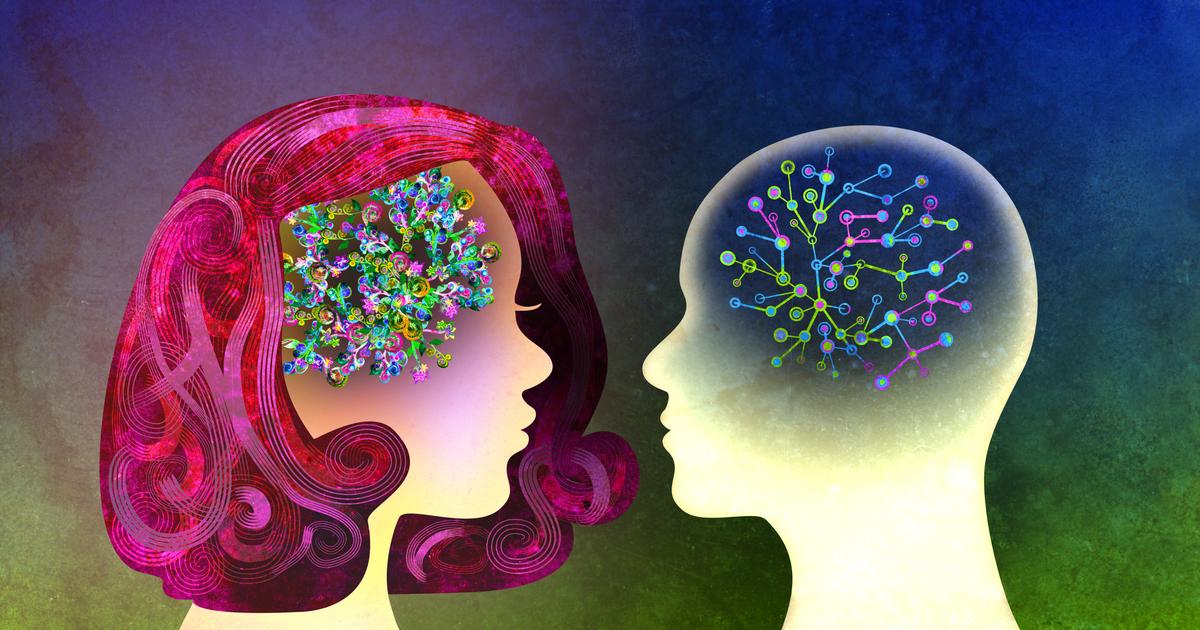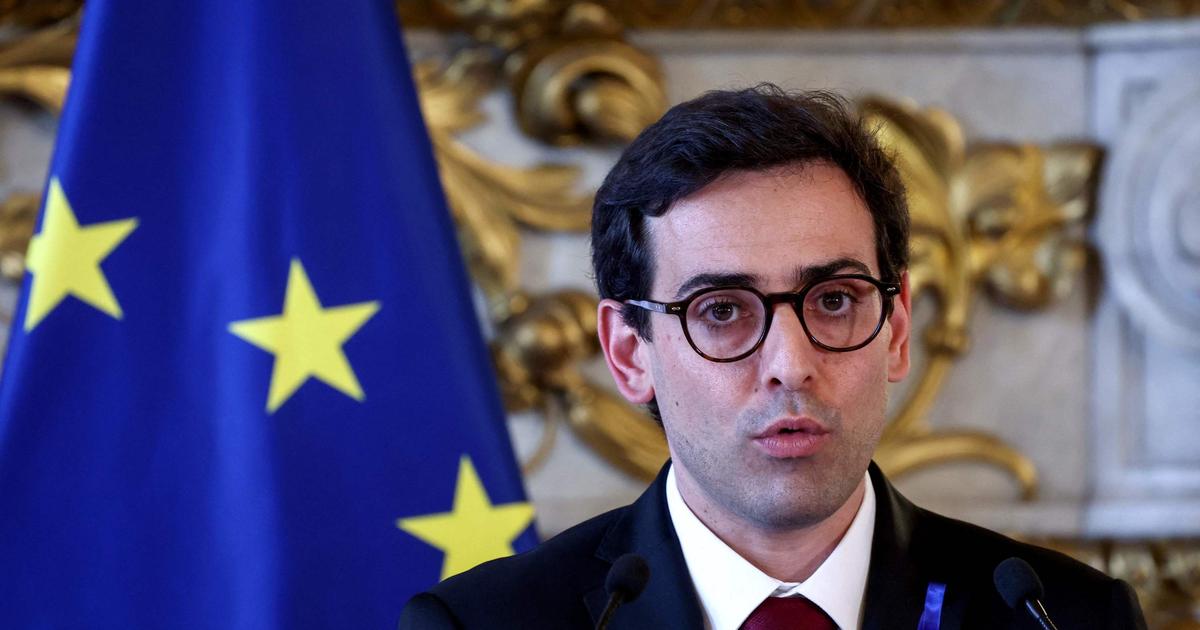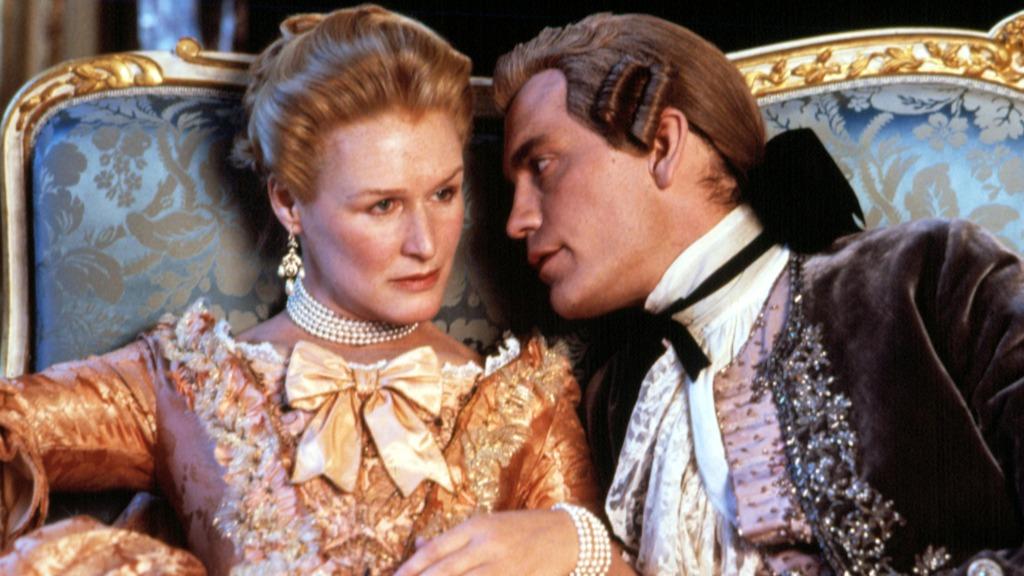Anil Seth (Oxford, 50 years old) speaks of consciousness as a controlled hallucination.
The world we perceive, which seems so real to us and difficult to imagine in any other way, arises from a kind of negotiation between the way it reaches us through our senses and what we expect from it.
From this reconstructed experience, which is also influenced by those of the people around us and the society in which we live, our consciousness and our self emerge.
In his last book,
The Creation of the Self
(Sixth Floor), Seth, a cognitive neuroscientist at the University of Sussex (United Kingdom) guides us through his extensive experience as a student of consciousness in one of the most exciting scientific pursuits of the present and that will continue to be so for decades to come. .
In a hotel in Madrid, a city that he has visited to present his book, he assures that, contrary to what some experts suggest, it is likely that this challenge, which today seems impossible, will soon be manageable, as other peaks apparently inaccessible to human knowledge were before.
Ask.
In the 19th century it was thought that life could not be explained in material terms, that a kind of spark of life was necessary, something mysterious and almost magical.
Then came genes, DNA, other tools to try to understand it.
Will it be possible to take that step with consciousness?
Answer.
We will have to wait and see, but there are already changes.
The notion of soul is perhaps no longer useful.
Concepts such as free will are already succumbing and losing that halo of mystery.
Free will is not a supernatural force that changes the course of events in the universe.
It is a particular type of experience of organisms related to actions that come from within.
There is nothing mysterious, although not everyone agrees.
More information
Stanislas Dehaene, neuroscientist: "Screens worsen children's education because they have their parents trapped"
Little by little, this idea that consciousness is something mysterious and different that does not fit into the idea of a universe made of atoms and quarks, of neurons, bone and flesh can disappear.
For me it's already doing that, but it's not quite gone yet because we don't have the complete alternative answer yet.
Progress in science sometimes comes from changing the questions we ask, not from answering the questions we've asked.
People did not find the spark of life, but because they stopped looking for it, because it was no longer the right question.
Q.
Science has been very good at answering questions about the material universe, but sometimes it seems that so much knowledge has not satisfied many existential needs.
Can something different happen with the science of consciousness, can it help us in the search for meaning?
R.
That may not be the job of science, but it is part of the responsibility of scientists to understand it.
Some great mysteries for science also have an existential vis.
The discovery of the vastness of the universe is challenging from an existential point of view.
When it turns out that we are not at the center of the universe, but between billions of stars, it can scare you or it can give you strength.
In the same way, understanding that life is a natural phenomenon and that there is a continuity with other animals can give us a sense of connection to nature or seem like a threat because we are no longer special.
For me, that's the difference.
We are special, we have culture, science, civilization, but we are also part of nature.
so for me,
But there is a difference with other mysteries that we talk about.
The universe is far away, quantum mechanics is very small, but consciousness is a very personal thing, combining this scientifically and philosophically challenging mystery with a central feature of our individual lives.
It is relevant because it helps us manage distant questions, such as our place in the universe, with closer issues, such as the way I manage my emotions.
What does it mean to be me?
How do I find meaning in my life?
I think the neuroscience of consciousness can help us with this.
Q.
Has the knowledge gained during your years of research on consciousness helped you in your personal life?
A.
Once, living in the US, I got a traffic ticket because I turned left on a road where it was prohibited.
It was a turn I did all the time when I went surfing and one day they put up a no left turn sign and I didn't see it.
Instead of paying the fine, I wrote a letter saying that I hadn't seen the sign because there's a phenomenon in consciousness research called change blindness, which says that if you don't expect something, even if it's in your field of vision, you won't see it
I took this argument to court.
Q.
And how was it?
R.
Mal. But more seriously, during my life I have had episodes of depression and in some cases, to get out, it helped me to understand that the self is a process of perception, that the way things seemed to me at that moment was not they were necessarily so in reality, and that the emotions I felt were not inevitable reactions to the circumstances in which I found myself, but constructions of my brain.
And that everything could be different.
One of the central ideas of the book is the nature of perception of the world and of oneself, and one of the main themes is that perception is not a direct record of what is there.
It is always an interpretation.
It is an active construction, although it may not seem so.
We don't see things as they are, we see them as we are.
And recognizing that helps to manage difficult situations.
Q.
In the book you talk about our perception of reality as a controlled hallucination.
Could knowing these phenomena help us to manage this hallucination to a certain extent?
R.
The idea is put forward by the German scientist Hermann von Helmholtz, who described perception as an unconscious inference.
Inference is this process in which the brain combines its predictions and beliefs about what is happening with the sensory information it receives to create an approximation of reality.
What we experience is a controlled hallucination with sensory input.
For most of us, most of the time, this is all unconscious.
You cannot see a color in a different way.
But I think we can change the way we perceive things.
We have done experiments showing that people can even be trained to see a color differently.
And given enough time we can change our reactions to the things we unconsciously perceive in the world.
Q.
There are situations or substances, such as psychedelic drugs, that radically change that perception of reality, but I suppose that culture is also enormously important.
There are cultures in which our separation, that of Western societies, between the individual and the group in which he lives is much more diffuse.
Anil Seth explains that free will is less and less mysterious.INMA FLORES
A.
There is the idea of collective consciousness, that the crowd becomes conscious, but I don't think it's correct.
What is true about humans is that our experience of the world, and in particular the experience itself, is greatly influenced by our social environment.
So being in a crowd can make the experience feel more distributed and less confined to your individual body.
This is fascinating because it underscores that the me is not a mini me inside my head.
It is also a kind of perception.
Part of that perception has to do with the body, of course, but part of that experience of self has to do with other minds, with how my brain perceives your brain perceiving me.
And that's where cultural differences come in.
An example is that in some traditional South American societies where ayahuasca is taken, only the shaman takes it and not the people who attend the ceremony.
This perspective is very different from the one we have in the West about the usefulness of these things.
Q.
Despite the fact that we value our consciousness and our self so much, a lot of substances have been created to escape them and are used continuously.
Why do you think it happens?
R.
I think it could be because we did not evolve to be happy.
Evolution has shaped our brains to survive in environments that were vastly different from the ones we now occupy.
There is a lot of suffering, of many kinds in many places.
Therein lies the dual use of the biological technology of consciousness.
Perhaps it can give us pleasure and meaning, but also suffering and pain.
It may be rational to avoid pain, but ultimately it isn't because it doesn't work in the long run.
But the desire to alter our conscious states is, I think, rational.
The philosopher Thomas Metzinger talks a lot about this, about other states of consciousness that, morally, it would be correct to inhabit, and that there are other states that are ethically and morally incorrect and we should avoid.
It is worth thinking that when we reach a stage in society in which we are better able to control our consciousness in a more precise way, it will be possible to recreate the conscious experience that is desired.
We're not there yet, but it's not impossible, when brain implants and virtual reality come together.
When our consciousness can be modulated, many moral and ethical questions will arise about what is right or wrong, but these are issues that go beyond science, they are cultural, sociological and political.
Q.
In the book, you talk about your experience with general anesthesia, which is a state in which consciousness disappears, something that doesn't even happen when we sleep, and you quote the writer Julian Barnes when you say that after death, when the end comes of consciousness, there is nothing to be afraid of.
Do you agree?
Does that experience with anesthesia give you peace of mind in the face of death?
R.
We don't know how we're going to react to death until it's upon us.
But when you come back from anesthesia it seems that no time has passed, it could be 5 minutes or 50. It's strange, because you weren't there and the world has continued there with other people to whom things have continued to happen.
We have a curious asymmetry about non-existence.
Few of us worry about the period in history before we were born, when we didn't exist either, but we worry a lot about not existing in the future.
In any case it is irrational, because we will not be there to experience that fear of missing out.
We want our children to do well and all that, but we won't be there, and when you're not there, there's no joy, but there's no suffering or pain.
There is nothing.
And that nothing can be existentially terrifying at the same time,
You can follow
EL PAÍS Salud y Bienestar
on
,
and
.






/cloudfront-eu-central-1.images.arcpublishing.com/prisa/CSLYB3V3GFFIVDTPECXJSS2CKA.png)








